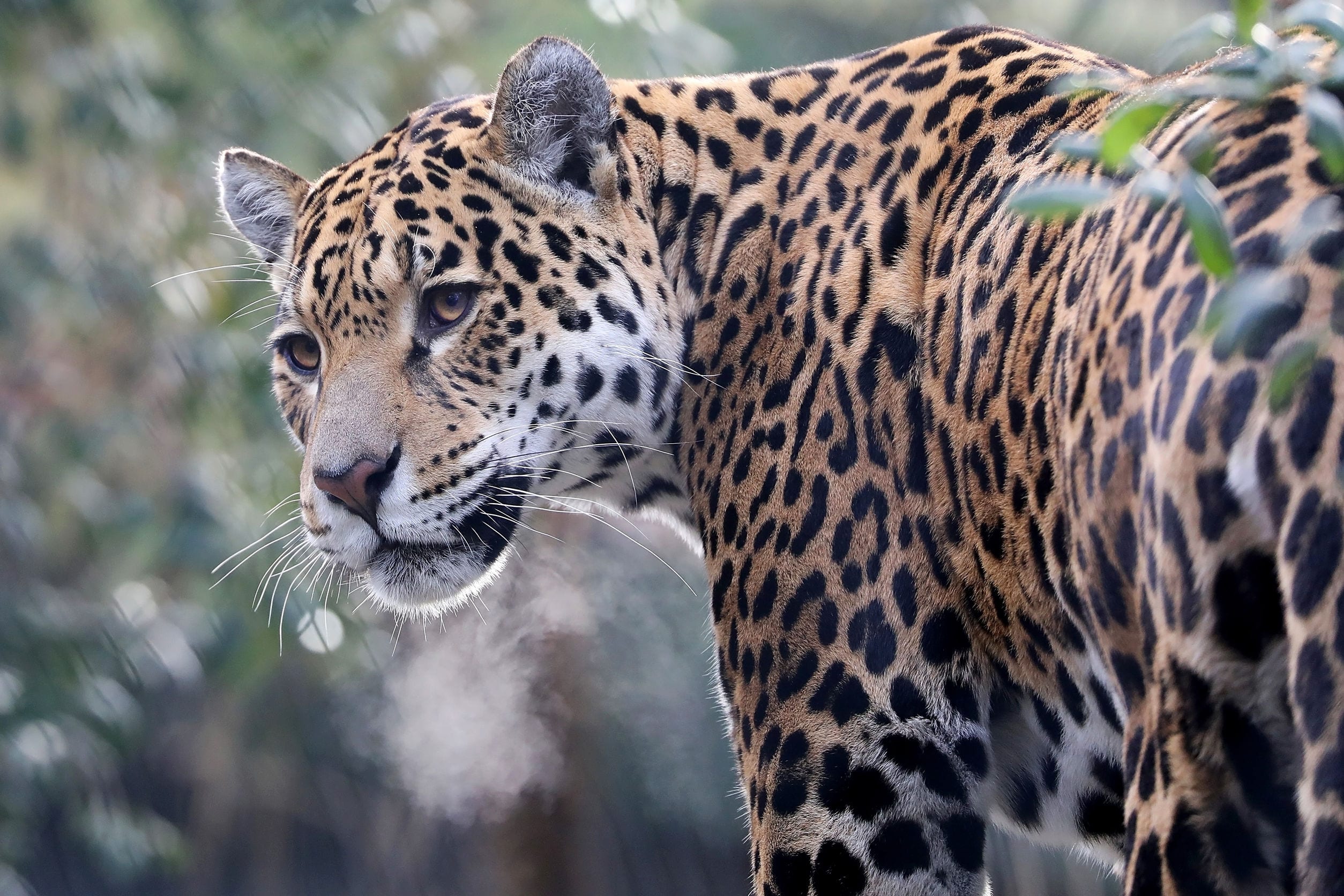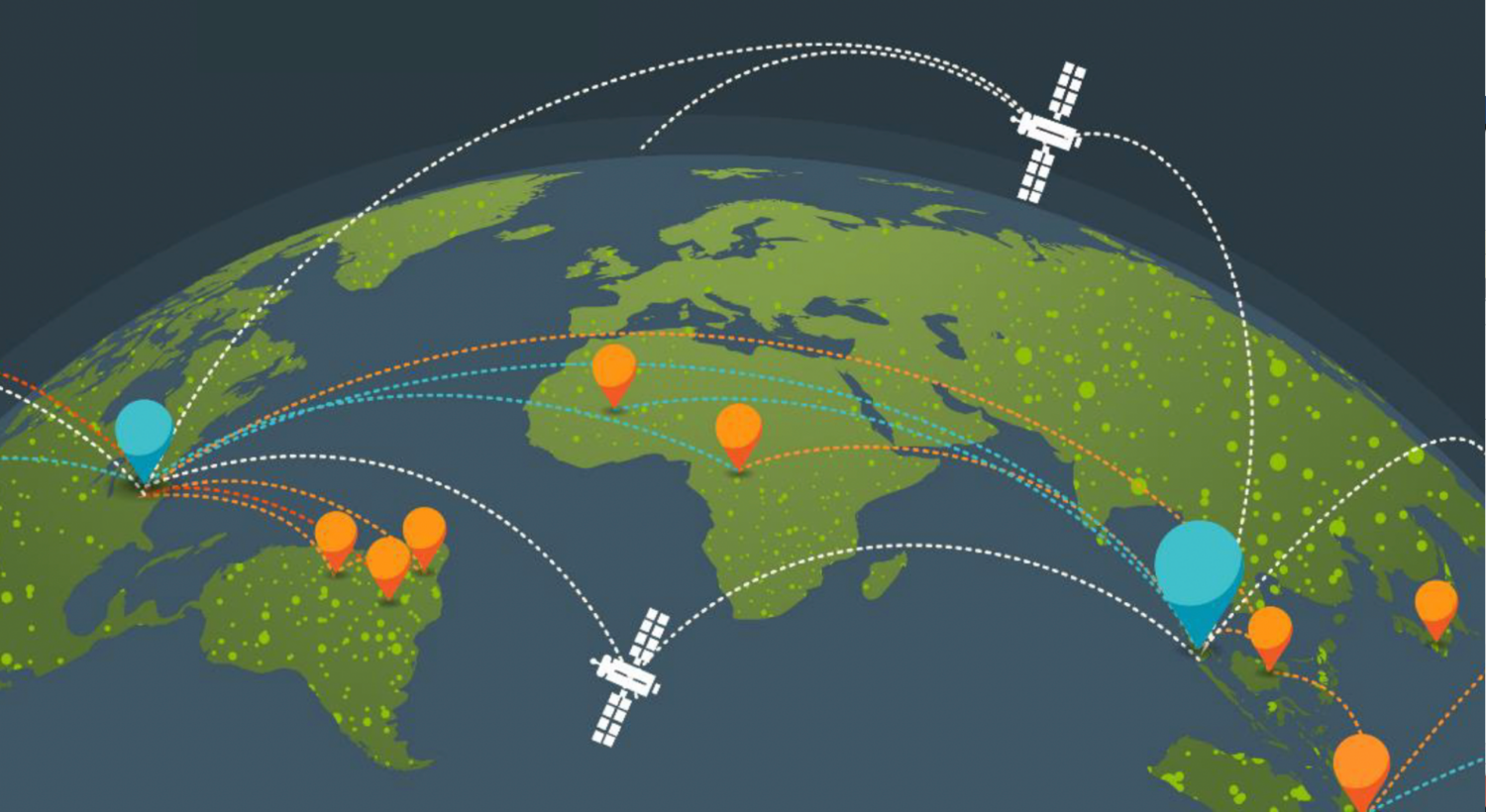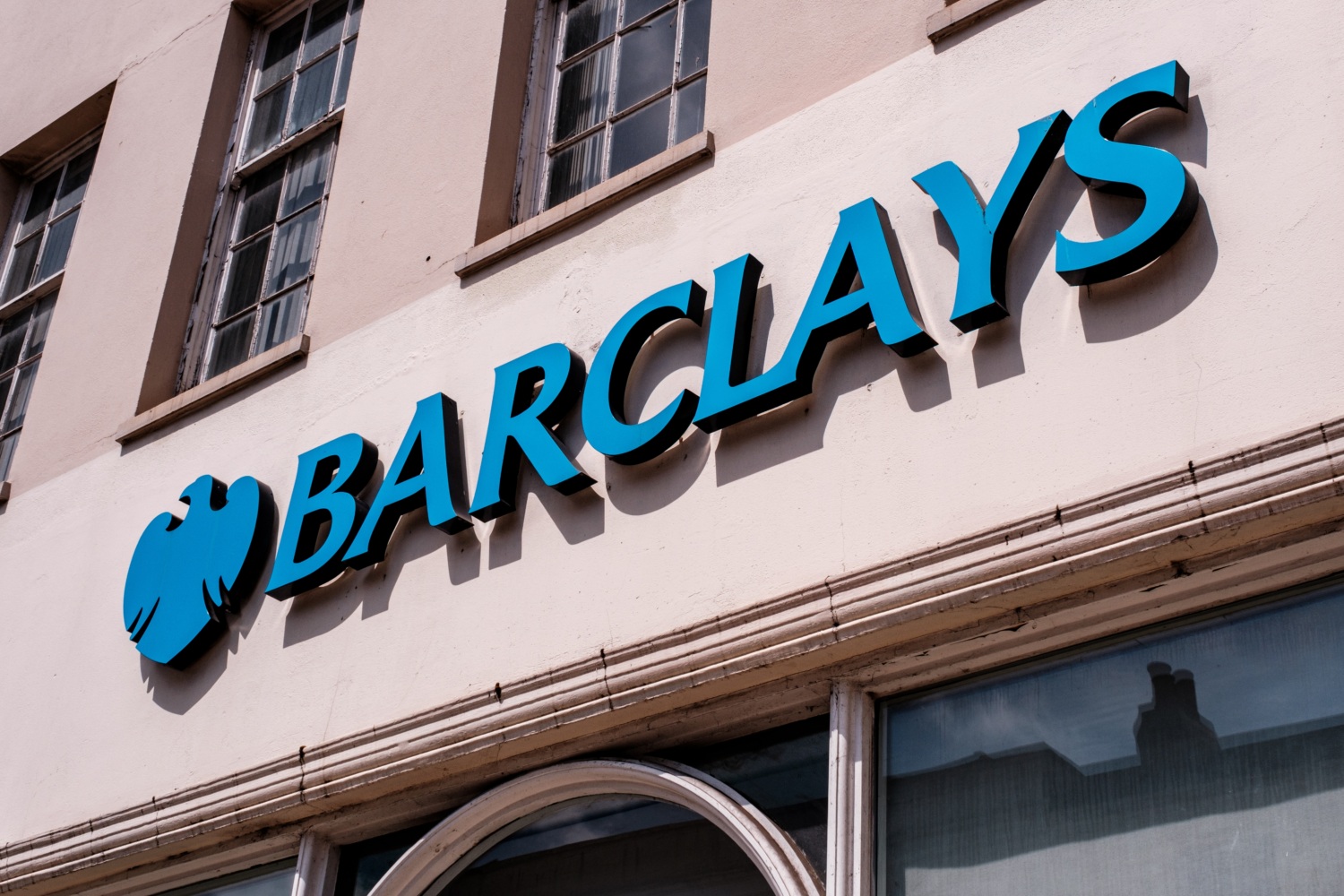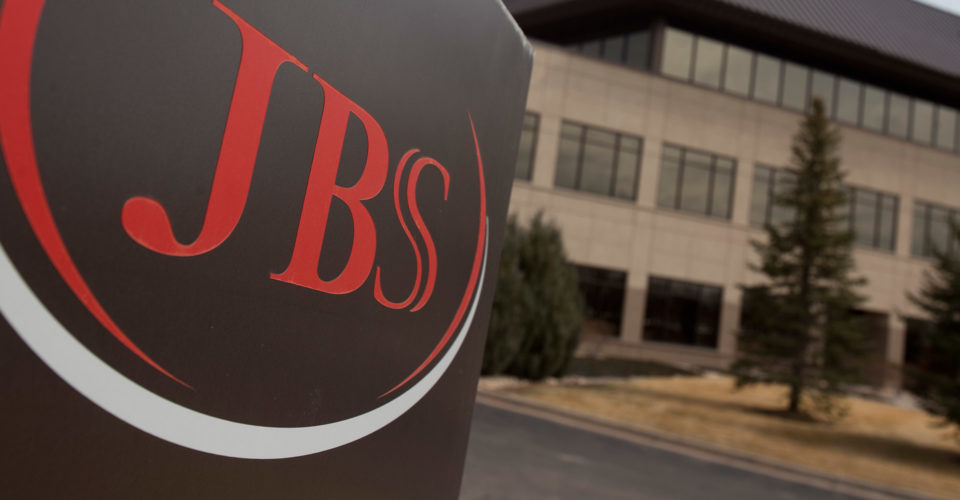
Human activity threatens the survival of a million species – what can one person do?
By Mighty Earth CEO, Glenn Hurowitz
This week, the United Nations published its first comprehensive report on biodiversity, and the findings were immediately front-page news around the world. A million species are facing extinction because of human activities. Climate change, deforestation, development, pollution, and disruption are hollowing out our planet’s ecosystems, reducing biodiversity and making the whole system susceptible to collapse.
It’s hard to read these stories. As an individual, it’s even harder to know how to respond. The numbers are large; the scope of the problem and the scale of our impact are tremendous. It can be tempting to ignore the news entirely – studies have shown that people will stop paying attention to stories of misery and suffering when situations seem hopeless. But we cannot afford to tune out now.
Instead, let’s fight that despair together.
First, it’s important to assign the blame where it is due. The decision to clear-cut a forest or dump toxic waste into a river is not one that you or I make in our day-to-day lives. The real consequential decisions – the ones that result in long-lasting harm to our planet – have been made in the halls of government and corporate boardrooms. These are the forces that act at a scale commensurate with the damage done.
Fortunately, that same scale means that these actors can make changes for the better, too. And that’s where you come in. You can help Mighty Earth as we push for key policies that will slow the global destruction. Work with us, and you can maximize your impact.
Here are two things you can do right now:
Meat production has a larger environmental impact than nearly any other human activity. The top meat and dairy companies are responsible for widespread water pollution and greenhouse gas emissions nearly equal to the largest oil companies, and the meat industry as a whole is responsible for over 60 percent of global biodiversity loss.
Mighty Earth has released several reports documenting the environmental devastation caused by the largest meat companies. But these companies won’t clean up their acts until their customers demand it of them. And a recent analysis from Mighty Earth found that most food companies – including supposedly ‘green’ sellers like Whole Foods – have no policies to ensure their meat suppliers are using environmentally responsible practices.
Companies like McDonald’s and Whole Foods should set requirements for their suppliers to reduce their greenhouse gas emissions and water pollution – and they should report regularly on progress toward these goals. These new standards could force their meat suppliers to act. And action by a few big players can help transform an entire industry.
2. Download Mighty Earth’s chocolate scorecard and commit to buying responsible chocolate
The UN’s report identified deforestation as a major cause of biodiversity loss. We have seen that deforestation in West Africa – and chocolate is the cause.
Recent data from the World Resources Institute shows that Ghana experienced the largest percentage increase in deforestation in 2018. Neighboring Côte d’Ivoire saw second largest increase. In both countries, this deforestation is driven by the cocoa industry, and it threatens the survival endangered species including chimpanzees and African elephants.
Mighty Earth’s recent Beyond the Wrapper report found cocoa being grown in protected areas, with deforestation increasing in many places. Recent exposés by French and Swiss television outlets also found a major cocoa trader connected to ongoing deforestation inside these protected areas.
Once again, consumer demand will help drive positive change in the industry. As we work with major cocoa companies to improve their traceability and sourcing standards, we are empowered by the knowledge that people are choosing to buy chocolate they know is produced responsibly. That keeps the pressure on the companies to reform their practices.
At a time when many governments around the world are either slow to act or ignoring environmental issues altogether, the private sector offers a forum where action can happen quickly. Right now the rubber industry, long a driver of deforestation in the Mekong, is taking steps to move us toward truly sustainable natural rubber. Mighty Earth’s campaigns in Southeast Asia have led to a dramatic reduction in deforestation caused by palm oil companies. Progress – and victories – are still possible.
Don’t let the headlines discourage you. We can protect the earth and the millions of species living here, but only if we push back against apathy and take action.


